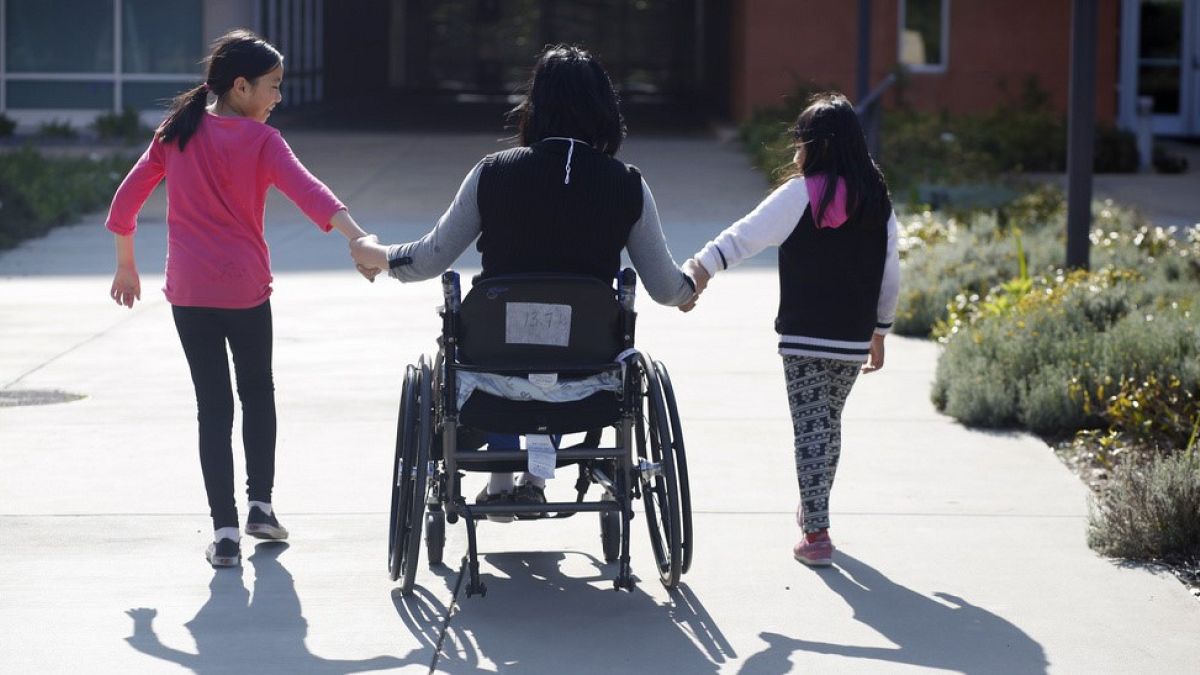The G7 and the European Union have signed the Solfagnano Charter in Italy, committing to prioritizing the rights of people with disabilities. The charter focuses on promoting independent living, inclusion in new technologies, and participation in social life for individuals with disabilities. This commitment was made by ministers from the G7 countries, including EU Commissioner Helene Dalli, during a meeting in Solfagnano. The charter outlines eight priorities to achieve full participation and inclusion of persons with disabilities, emphasizing the integration of accessibility requirements into policy frameworks across all sectors.
The Solfagnano Charter reflects a commitment to ensuring that individuals with disabilities enjoy equal rights to participate fully in all aspects of life. The charter aims to eliminate societal barriers and put persons with disabilities at the center of inclusion policies. Through this commitment, G7 members have pledged to incorporate accessibility as a fundamental component of planning and development. The overall goal of the charter is to make inclusion a priority on the political agenda of all countries, beginning with the G7 members and eventually expanding at the international level.
The European Union has also taken steps towards promoting the rights of people with disabilities by adopting the EU disability card. This standardized card will allow individuals with disabilities to access benefits and facilities in public and private services throughout Europe. The card ensures equal access to special conditions and preferential treatment, such as reduced entry fees and priority access. However, criticisms have been raised regarding the implementation timeline, with civil society expressing concerns about the lengthy process for member states to adapt and implement the new rules.
The commitment to advancing disability rights is rooted in the United Nations Convention on the Rights of Persons with Disabilities (UNCRPD), which was adopted in 2006 and ratified by 191 countries worldwide. The Solfagnano Charter and the EU disability card are aimed at promoting the rights and inclusion of individuals with disabilities in various aspects of life. This includes enhancing talents and skills, enabling autonomy and independence, and fulfilling aspirations and desires. The charter also aims to promote discussions within the G20 and other relevant international fora to further advance inclusion policies globally.
By endorsing the Solfagnano Charter and implementing the EU disability card, the G7 and the European Union are taking significant steps towards prioritizing the rights of people with disabilities. These commitments reflect a collective effort to create a more inclusive society that values and respects the diversity of all individuals. The focus on promoting independent living, participation in new technologies, and inclusion in social life underscores a commitment to ensuring that individuals with disabilities have equal opportunities to thrive and contribute to society. Through these initiatives, the G7 countries and the EU are working towards creating a more inclusive and accessible world for all.











